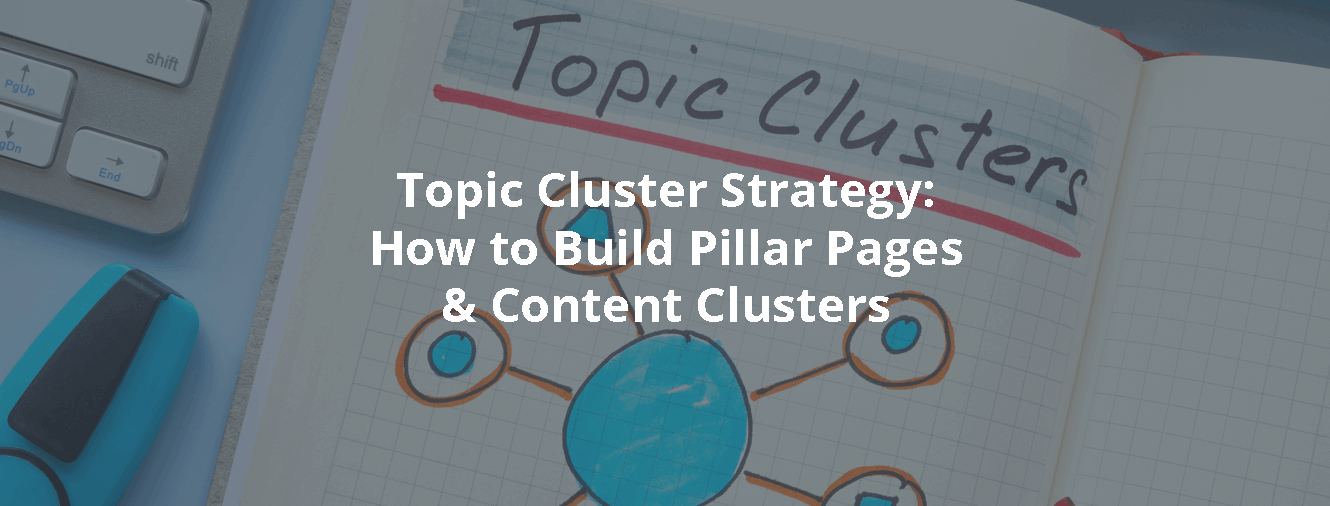
Who are your customers?
One of the first questions any business needs to figure out before they can even start to understand the pains and frustrations that are keeping them up at night. Pains and frustrations that you hopefully can solve with your product or service, and at the same time can help fix your (content) marketing.
After all;
[clicktotweet]Content marketing is just solving the same problems that your product solves through media you create and promote.[/clicktotweet]
Answering that question, however, isn’t always as easy as it seems. Creating buyer personas can be incredibly useful when planning marketing strategies as it focuses your intent on specific people instead of a broad, mysterious market.
As a result, creating buyer personas should be an essential part of building any successful inbound marketing strategy. When do you think about your ideal customer for your market? What are the first things that come to mind?
B2B marketers can most of the time answer pretty straightforward by describing the type of companies that fall into their target markets. But even if you know which type of companies you want to attract, the problem they are trying to solve, the ideal customer that they are trying to attract are individual people.
Keeping that in mind, describing your ideal customer might be a bit more difficult than you first think.
When done right though, creating engaging content for your ideal customers can become a lot easier. And since creating engaging content is what we all want, you should take your time to figure out what your buyer personas are.
Everybody’s got their process for putting together buyer personas. We’ve even shown you before how you can use Google Analytics and social media to help you build better buyer personas. And although “All Roads Lead to Rome,” there can be some common mistakes on your way out there.
So as you start building your buyer personas, be aware and avoid these common mistakes that can ruin your marketing strategies.
Read more…










